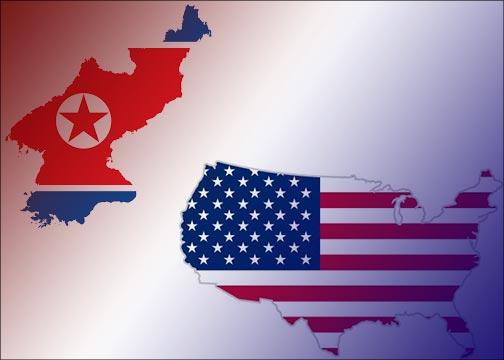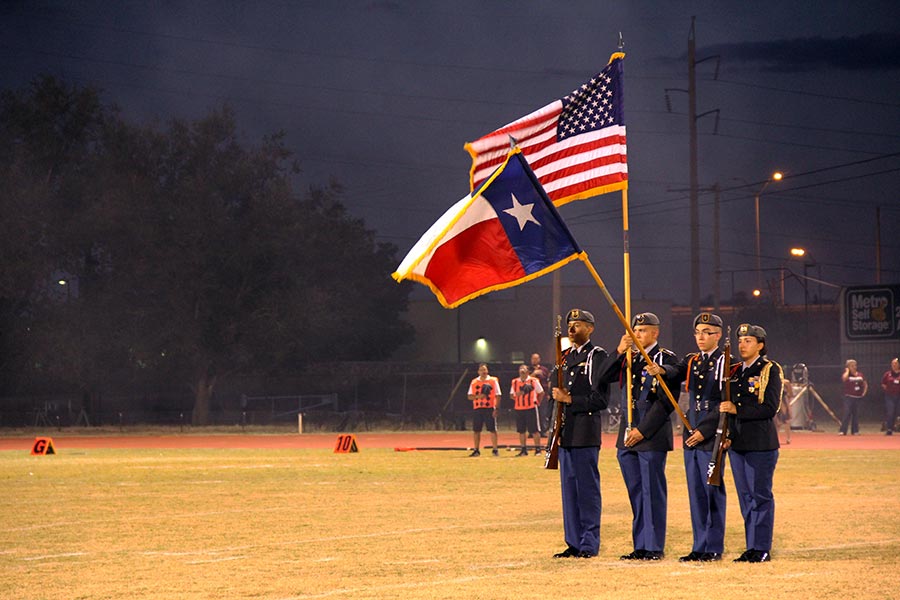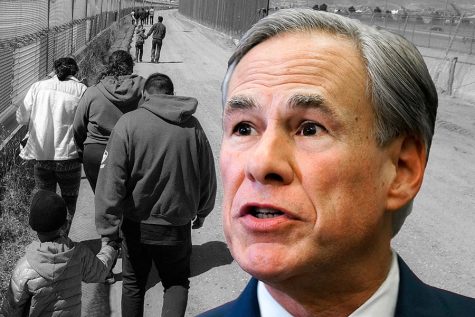Trump administration raising tensions in Asia
December 14, 2017
North Korea has been testing ballistic missiles and nuclear weapons and poses a major threat to South Korea, Japan and the United States. North Korea has made threatening remarks towards the U.S. The U.S. and its allies have returned that aggression. North Korea is a nuclear state and tensions between countries can be disastrous. This complete disregard of diplomacy indicates that the Trump administration does not fully appreciate the gravity of nuclear war.
Both countries have threatened each other with direct military action. In “Sanctions Doubts Grow as North Korea Warns of ‘Gift Packages’ for U.S.,” by Reuters reporters Stephanie Nebehay and Christine Kim, Sept. 2, North Korea has threatened the U.S. with ‘gift packages’ in the form of nuclear retaliation to any American action in the region. The Trump administration has responded with threats to rain ‘fire and fury’ on North Korea.
Kim Jong-un is notorious for being unpredictable. Not only have sanctions placed by the U.N. had little effect to stop missile testing as reported in “North Korea Preparing More Missile Launches, said South,” by the BBC, Sept. 4, but these sanctions are giving North Korea more justification for their aggressive behaviors. China, North Korea’s closest ally, stated that the U.S. and others should not resort to threats so quickly.
The constant threats and unpredictable nature of North Korea’s leadership have raised tensions between every country in the region. North Korea has accused the U.S. and South Korea of creating military forces dedicated to striking North Korean leadership before a response can be made. While the U.S. has denied this, South Korea stated they are looking to have these ‘decapitation’ forces ready by the end of 2017 as reported in “South Korea Plants ‘Decapitation Unit’ to try to Scare North’s Leaders,” by New York Times reporter Choe Sang-hun Sept. 12. While South Korea and the U.S. are returning North Korean aggression, Japan and China are concerned that the U.S. is leading the Pacific region into nuclear war.
It is clear that the Trump administration has a large influence on how the North Korean missile crisis will play out. The currently rising tensions, mutual threats and lack of diplomatic action are all leading to a nuclear and military exchange between North Korea, the U.S. and its allies. The Trump administration must engage peacefully and productively with North Korea and other countries, such as South Korea, Japan, China and Russia to ensure a coherent and uniform foreign policy.



































